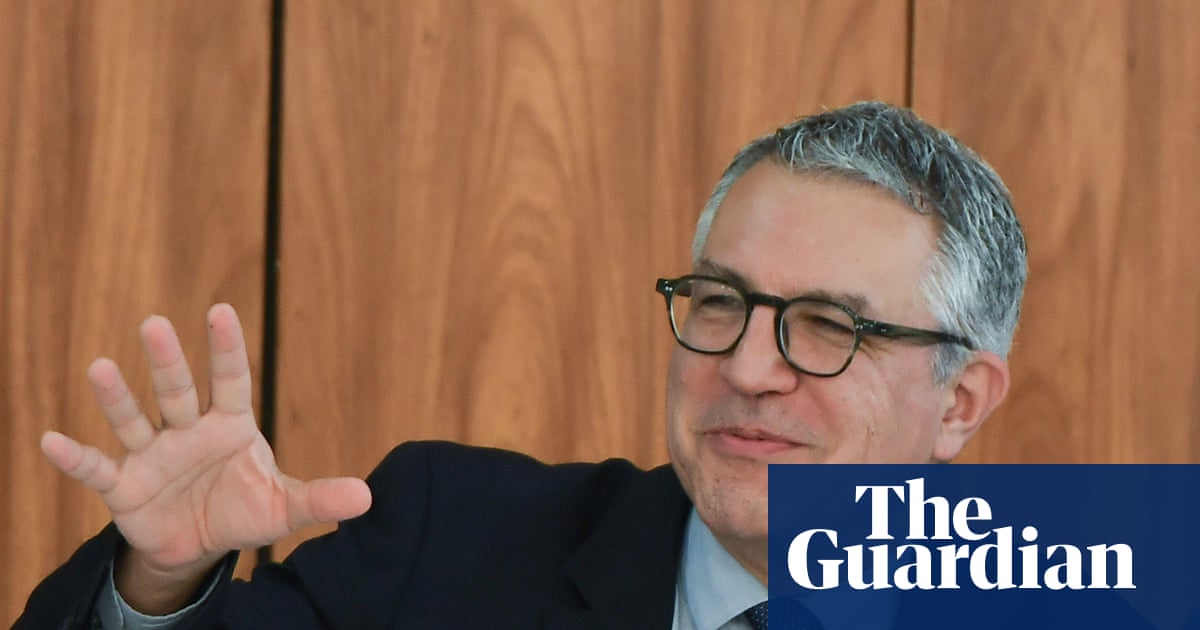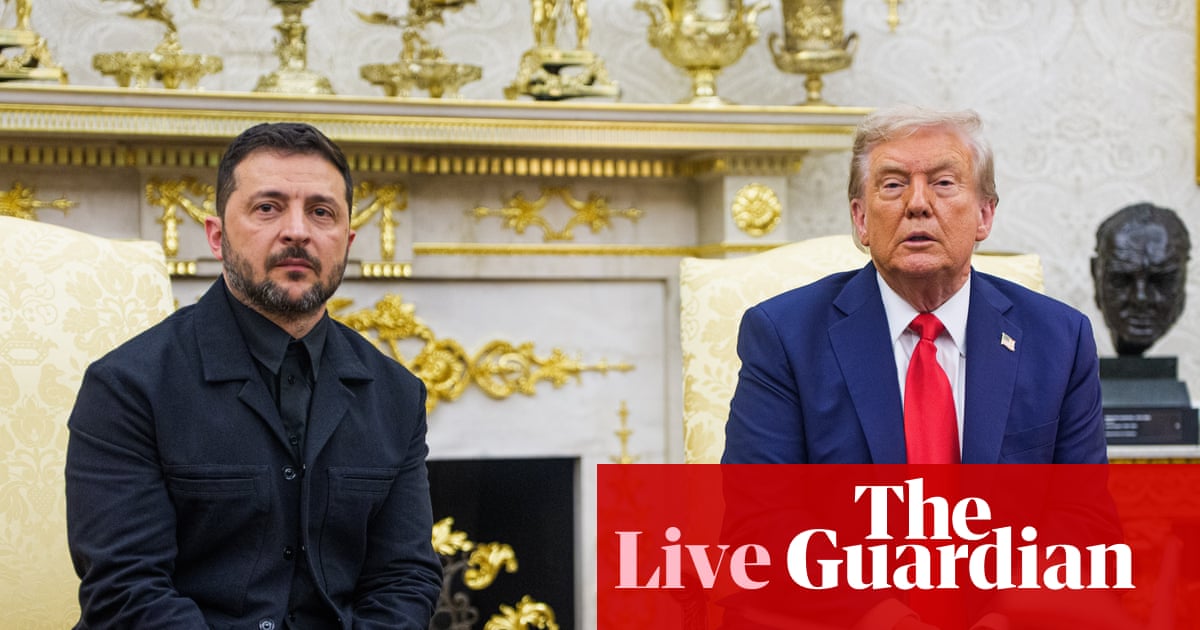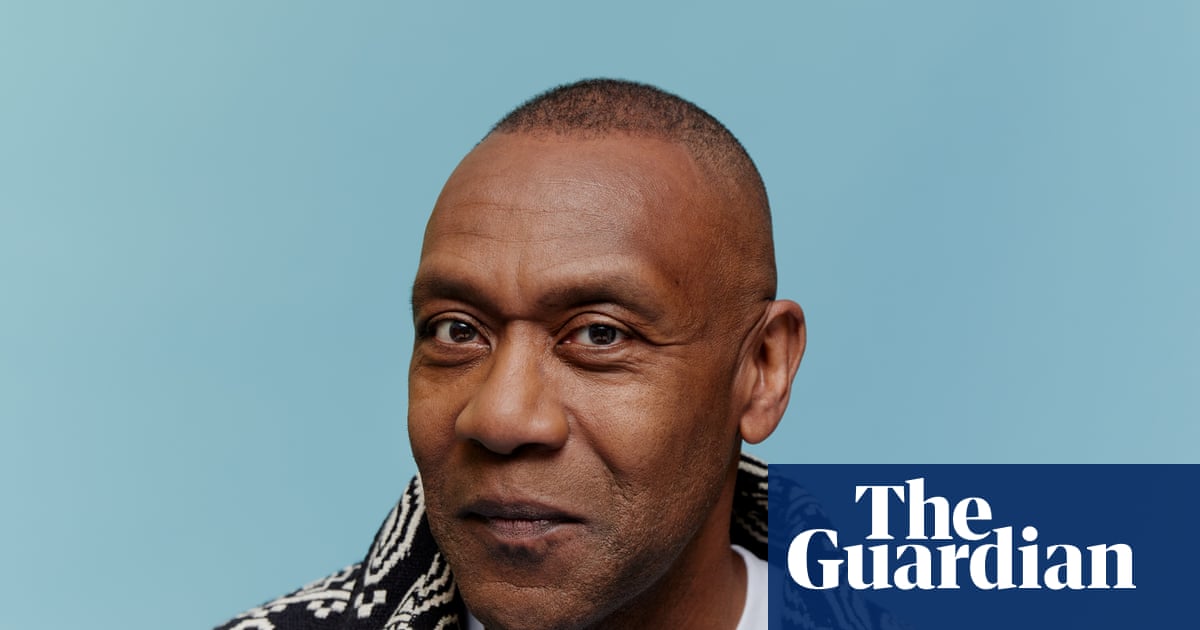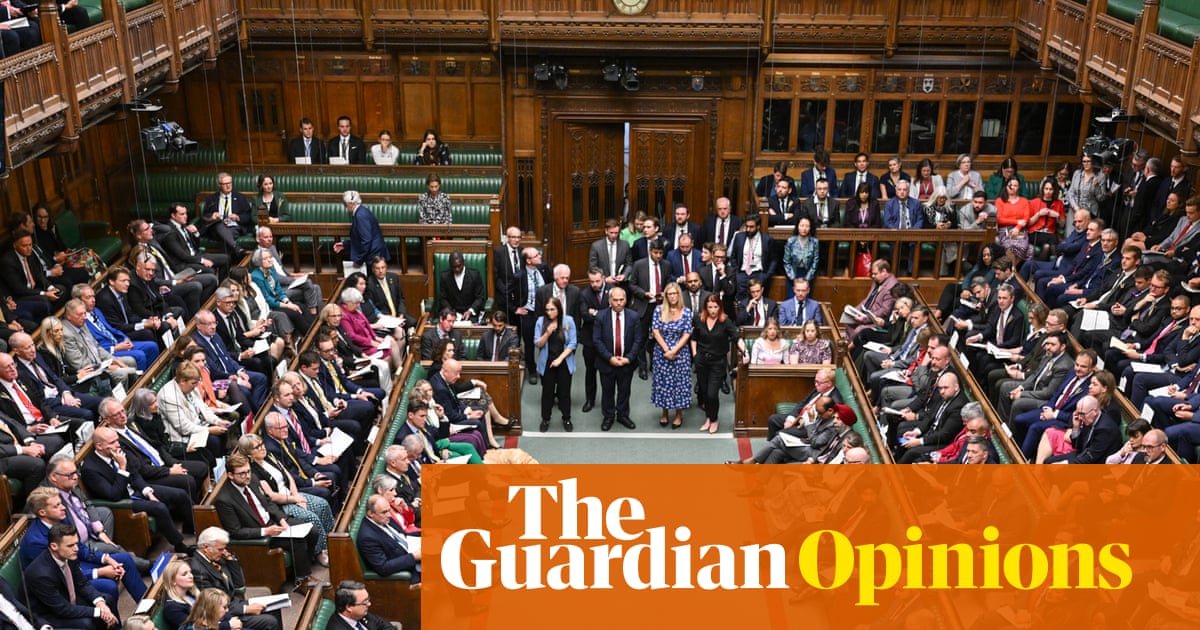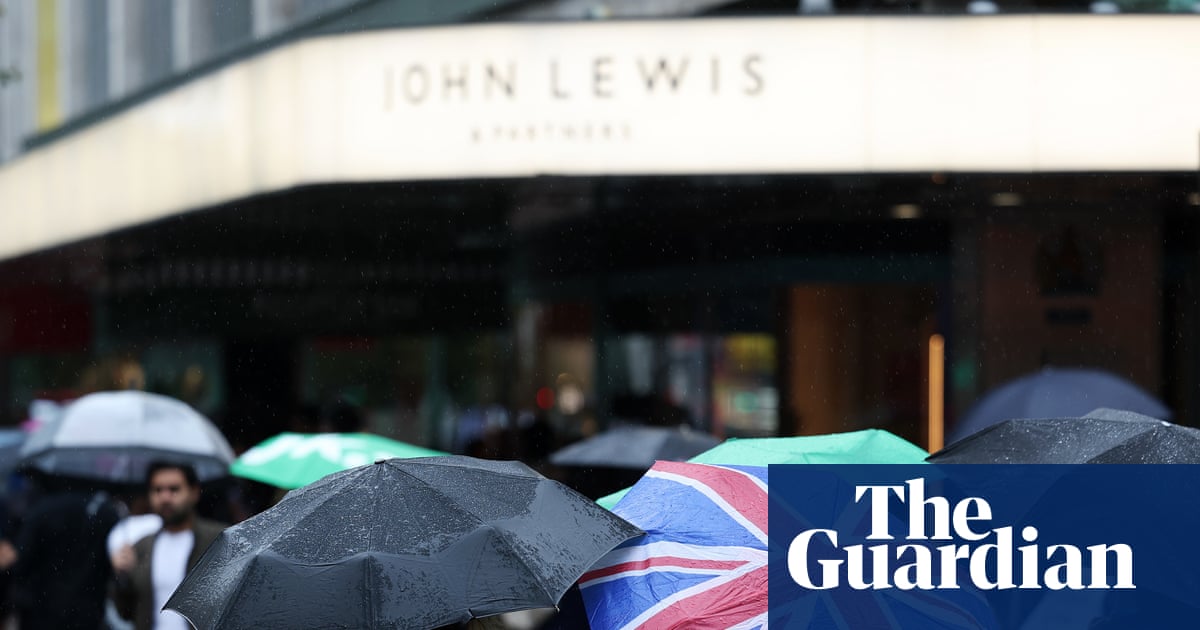Few world leaders can say they’ve been hugged by Xi Jinping, China’s typically reserved president. Last year, an embrace between Xi and his Russian counterpart, Vladimir Putin, seemed to sum up the cosy – if at times slightly awkward – relationship between China and Russia.
Now Brazil’s president, Luiz Inácio Lula da Silva, can count himself among the hallowed few to have broken the handshake barrier with Chinese leader. Stepping off the stage after giving a speech in Beijing earlier this month, Lula shook Xi’s hand, but the moment swiftly melted into something more affectionate.
Xi had good reason to be feeling warm towards the Brazilian leader. In Lula’s address to the China-CELAC forum, a dialogue between China and Latin American and Caribbean countries, he condemned US tariffs and said the Latin American region wanted to be “the axis of a multipolar order where the Global South is duly represented.” Such words echo the case that China has been trying to make to the world – particularly countries in the global south – about the dangers of the tariffs unleashed by US president Donald Trump since he entered the White House in January.
China’s argument stands in contrast to the stance taken by the G7, a group of the world’s wealthiest nations, which on Thursday issued a joint communique in which they agreed to counter global “economic imbalances”, a veiled swipe at China.
Lula’s presence at the forum was itself a coup for China as it seeks to expand its global influence in Latin America. Lula was one of three heads of states to attend the conference, along with the presidents of Chile and Colombia. That was no accident. China had specifically courted the leaders of countries seen as being influential in the region and closer to the US, rather than those from the countries more naturally aligned with the Chinese Communist party, such as Venezuela and Cuba, who lack regional clout. Lula in particular got a full bells-and-whistles welcome to Beijing, with a military performance in Tiananmen Square including a 21 gun salute.
In a keynote speech at the forum, Xi identified China as a fellow member of the global south.
“Independence and autonomy are our glorious tradition. Development and revitalisation are our inherent right,” Xi said. China and the Latin American and Caribbean community have a “shared future”, he added.
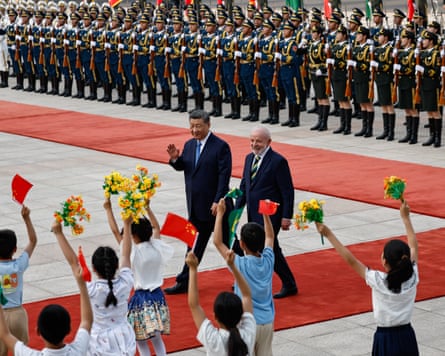
Since Trump’s first term in office, Brazil has been at the forefront of deepening ties between China and Latin America. One key domain has been trade, which hit a record $157.5bn in 2023. Last year, China imported more than 70% of its soya beans from Brazil, while imports from US farmers have plummeted. Luckin Coffee, China’s largest coffee chain, has pledged to buy 240,000 tonnes of Brazilian coffee beans over a five year period, worth $1.38bn.
“If it’s up to my government, our relationship with China will be indestructible,” Lula told business leaders in Beijing, as the two countries announced $4.5bn of upcoming Chinese investments in Brazil. In total, Brazil and China signed 20 agreements on agricultural trade, as well as deals on mining, nuclear energy, and currency swaps.
“From a commercial point of view, the current US-China trade war has brought some export opportunities for Brazil, especially in the agricultural sector,” said Victoria Chonn-Ching, a non-resident fellow at the Atlantic Council.
But with a trade policy landscape that can change overnight, Beijing is also trying to win the ideological argument on the global stage. Brazil, which China sees as a fellow leader in the global south, is an important player in that strategy.
“From a geostrategic and diplomatic perspective, the US-China trade war places Brazil in a challenging position,” Chonn-Ching said.
While Brazil has maintained strong ties with the US, on the other hand its relationship with China is significant, said Chonn-Ching, as “both countries promote multilateralism as part of their foreign policy and see themselves as having leading roles in their respective regions and in the Global South.”
Unlike many other countries in Latin America, however, Brazil has not signed up to China’s belt and road initiative. Speaking in Beijing, Lula said that Latin America “does not want to be the stage of hegemonic disputes”.
But while Trump’s vision for the global order is still coming into focus, Beijing has for years trumpeted the importance of a “multipolar” system of international cooperation. It is a sentiment that Lula echoes.
Recent global events have also brought the two countries closer together. After the 7 October attacks in Israel, Brazil, as president of the UN security council, drafted a resolution condemning Hamas and calling for a humanitarian pause in hostilities as well as the release of hostages in Gaza. Many expected China, which had not until this month specifically condemned the attacks, to veto the resolution. But following rounds of back-room diplomacy with Brazil, China voted in favour. The resolution ultimately failed because of a US veto.
Since then, Brazil and China have come closer together in attempts to cast themselves as mediators in global conflicts. The countries have twice released joint statements on the war in Ukraine, neither of which condemn the Russian invasion. And on his flight back from China, Lula’s plane stopped in Moscow, and he spoke to Xi’s “best friend”, Vladimir Putin, on the phone.
Additional research by Lillian Yang and Jason Lu

 3 months ago
125
3 months ago
125












